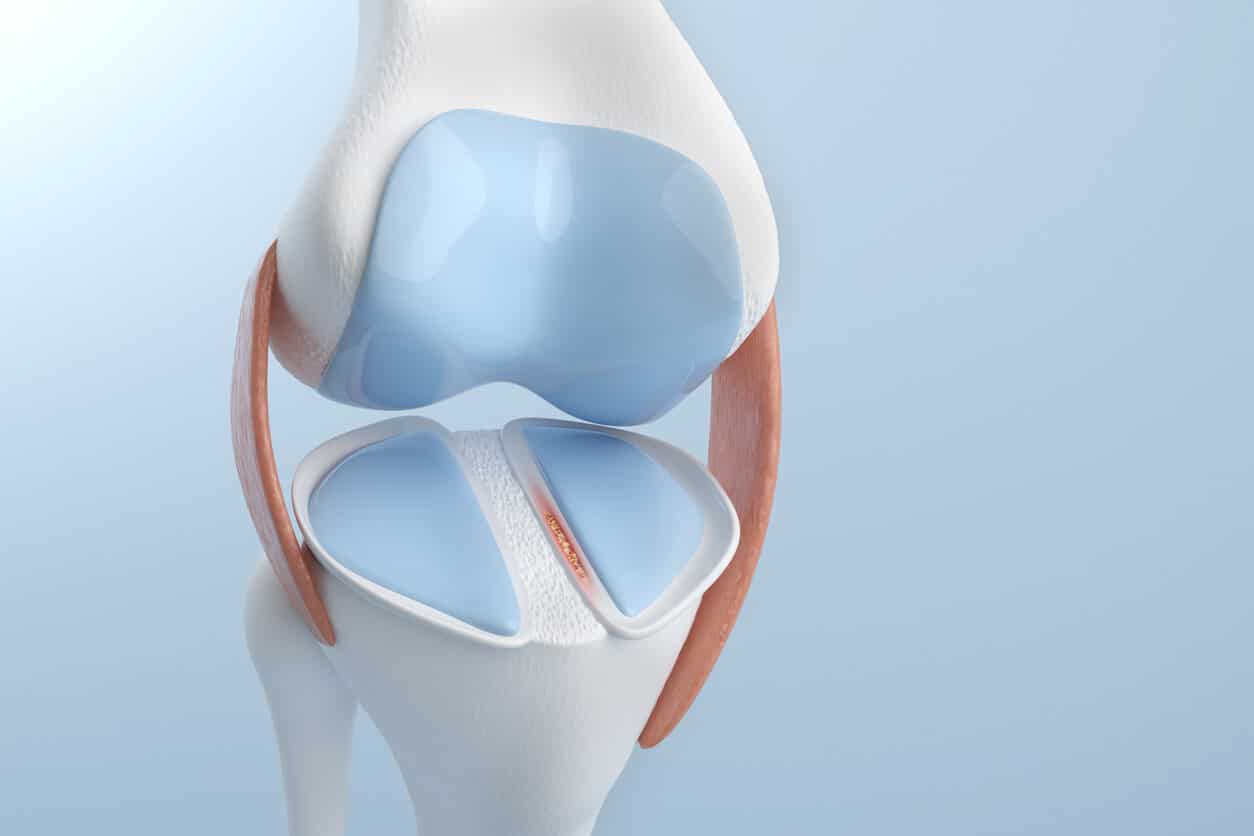A complete ACL tear can feel overwhelming. You might wonder if surgery is your only option or if other treatments exist. Complete ACL tear treatment varies based on your activity level, age, and specific needs. Understanding all available options helps you make the best decision for your recovery.
The anterior cruciate ligament (ACL) connects your thigh bone to your shin bone. When completely torn, this ligament cannot heal on its own. However, surgery is not always required for every patient with a complete ACL tear.
Let us discuss what happens during a complete ACL tear and when surgery becomes necessary.
What Happens During a Complete ACL Tear
A complete ACL tear means the ligament has torn completely through. Unlike partial tears, complete tears do not heal naturally. The ligament loses all structural integrity and cannot provide knee stability.
Most complete ACL tears happen during sports activities. Sudden stops, pivoting movements, or direct knee impacts cause these injuries. You may hear a “pop” sound when the tear occurs. Immediate pain and swelling usually follow.
Non-Surgical Complete ACL Tear Treatment Options
Surgery is not necessary for all patients with an ACL tear, particularly when the individual’s lifestyle and activity level permit non-surgical management. Conservative treatments that can help typically involve:
Physical Therapy and Rehabilitation
Physical therapy forms the foundation of non-surgical ACL tear treatment. A skilled therapist will create a program to strengthen muscles around your knee. Strong quadriceps and hamstring muscles help compensate for the missing ACL function.
The program typically includes:
- Range of motion exercises.
- Strength training for leg muscles.
- Balance and coordination work.
- Functional movement training.
Activity Modification
Changing your activity level may allow you to function without surgery. Low-impact activities like swimming or cycling put less stress on your knee. Avoiding cutting and pivoting in sports reduces the risk of further ACL injury.
Bracing and Support
Knee braces can provide additional stability during activities. Functional braces help control knee movement during sports. However, braces cannot fully replace ACL function for high-demand activities.
When Surgery Is Necessary for a Complete ACL Tear Treatment
Surgery is often recommended for individuals with a complete ACL (anterior cruciate ligament) tear, depending on specific circumstances. Here is a detailed look at the factors that make surgery the preferred option:
High Activity Level
People who lead an active lifestyle or engage in physically demanding tasks, such as manual labor or athletic activities, benefit significantly from ACL reconstruction.
Without a fully functional ACL, high-impact movements can lead to further damage or instability. An HSS study found that long-term effects of an ACL tear without surgery include damage to the surrounding cartilage, which worsens over time. The study found patients without ACL reconstruction were six times more likely to have shinbone cartilage degeneration and five times more likely to have kneecap degeneration.
Surgery helps restore knee strength and stability, allowing these individuals to maintain their activity levels without restriction.
Participation in Cutting or Pivoting Sports
Athletes involved in sports like soccer, basketball, football, or skiing often require sudden changes in direction, pivoting, or jumping. These motions place immense strain on the ACL.
Surgery is crucial for those wanting to return to these activities, as it minimizes the risk of reinjury and supports peak performance.
Knee Instability During Daily Activities
For some patients, even routine activities like walking on uneven surfaces or climbing stairs can result in the knee giving way due to instability. This can significantly affect quality of life and increase the chance of additional injuries.
Surgery stabilizes the knee, restoring confidence in everyday movements.
Associated Meniscus or Cartilage Damage
An ACL tear is often accompanied by other knee injuries, such as damage to the meniscus or cartilage. Left untreated, this can lead to long-term issues like chronic pain, swelling, and early-onset arthritis.
Surgical intervention addresses these additional injuries alongside the ACL tear, reducing the risk of further complications and promoting better overall joint health.
What Surgery for Complete ACL Tear Treatment Involves
ACL surgery typically involves reconstructing the torn ligament using a graft. The graft is usually taken from the patient’s own tendon, such as the patellar tendon or hamstring, or from a donor.
During the procedure, the surgeon removes the damaged ACL and secures the graft in place using screws or other fixation devices. This helps restore stability to the knee, allowing for a gradual return to normal activities after rehabilitation.
Making the Right Decision for Your Situation
Choosing between surgical and non-surgical treatment requires careful consideration. Your orthopedic surgeon will evaluate multiple factors specific to your case. Age, activity goals, and knee stability all influence the recommendation.
Complete ACL Tear Treatment in Cary, Holly Springs, and Morrisville, NC
Complete ACL tear treatment success depends on matching the right approach to your individual needs. Both surgical and non-surgical options can lead to excellent outcomes when properly applied. The key lies in thorough evaluation and honest discussion about your goals and expectations.
If you are dealing with a complete ACL tear, schedule a consultation with the experienced orthopedic specialists at Cary Orthopaedics. Our board-certified orthopedic doctors provide comprehensive evaluations and personalized treatment plans. We offer both surgical and non-surgical options to help restore your knee function and get you back to the activities you love.
Contact us today at 919.573.4825 to schedule an appointment and discuss your complete ACL tear treatment options. You can also request further information about our orthopedic services and doctor by reaching us at 919.467.4992.
Our new board-certified orthopedic providers, Dr. Adam Almaguer and Dr. Paul Andrews, are seeing new patients.

